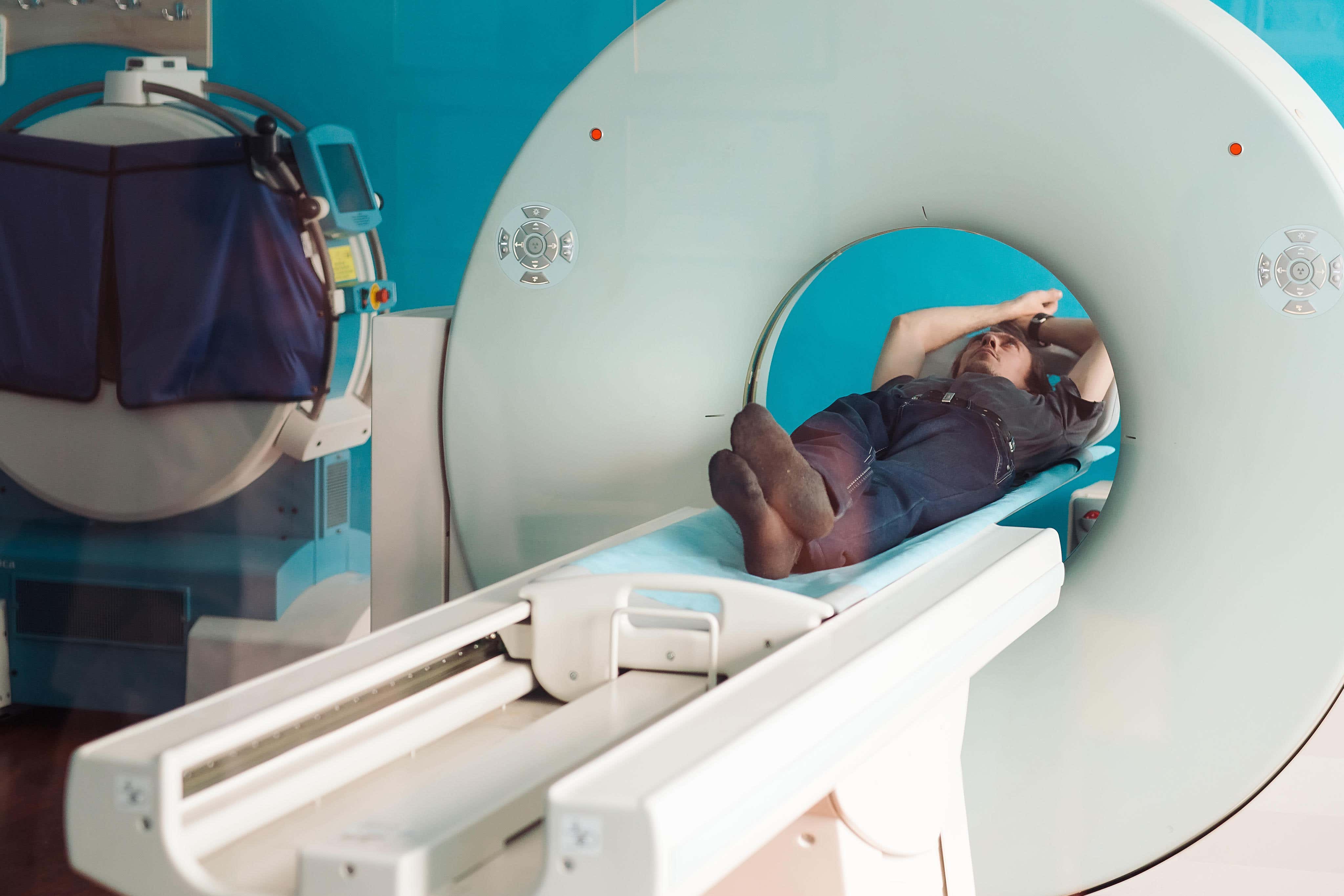Study highlights concern over ‘missed’ pancreatic cancer in scans
Researchers said more needs to be done to spot tumours at an early stage when curative surgery is still possible.

Pancreatic cancer is often being “missed” on scans, denying patients a chance for curative surgery, a new study has suggested.
UK researchers examined 600 scans of people diagnosed with pancreatic cancer at two NHS trusts in England between 2019 and 2021.
They analysed post-imaging pancreatic cancer (PIPC) cases – which occurs when a patient undergoes imaging that fails to diagnose pancreatic cancer, but they are later diagnosed with the disease.
The study found that evidence of pancreatic cancer was initially missed in over a third of patients with post-imaging pancreatic cancers, which is a huge window of lost opportunity
Some 47 cases (7.8%) were categorised as PIPC whereby patients failed to have their cancer diagnosed through their first scan, but then received a pancreatic cancer diagnosis between three and 18 months later.
After independent analysis of the MRI and CT scans, researchers concluded more than a third (36%) of PIPC cases were potentially avoidable, according to the study which has been presented at United European Gastroenterology (UEG) Week 2022.
Experts said more needs to be done to spot tumours at an earlier stage before the cancer has spread.
Dr Nosheen Umar, lead author of the study, from the University of Birmingham, said: “There is often only a very short period for curative surgery in pancreatic cancer, meaning it is vital that patients are diagnosed with the disease as early as possible to give them the best chance of survival.
“The study found that evidence of pancreatic cancer was initially missed in over a third of patients with post-imaging pancreatic cancers, which is a huge window of lost opportunity.
“We hope this study will raise awareness of the issue of post-imaging pancreatic cancer and common reasons why pancreatic cancer can be initially missed.
“This will help to standardise future studies of this issue and guide quality improvements efforts, so we can increase the likelihood of an early diagnosis of pancreatic cancer, increase the chances of patient survival and, ultimately, save lives.”
Chris Macdonald, head of research at Pancreatic Cancer UK, said: “Pancreatic cancer is hard to diagnose, however detecting this devastating disease at an earlier stage, where treatment is most like to be effective, is crucial.
“It is worrying to see the results of this study, which has shown that 36% of pancreatic cancer tumours in the study group could have been diagnosed earlier.
“We know that because of cancer location, imaging pancreatic cancer, especially at its earliest stages when small, is very challenging.
“This study clearly illustrates that challenge and highlights the need for improvements in imaging techniques.
“It also demonstrates that radiologists need more tools and support to ensure that we increase the likelihood of tumours being identified at the earliest possible stage.”
Pancreatic cancer is one of the harder-to-spot cancers. As such, many people are not diagnosed until their cancer reaches a late stage.
In England only a quarter of people live for a year after being diagnosed, but a person’s outlook is better if they have been diagnosed with the disease at an earlier stage.
Pancreatic cancer does not usually cause symptoms at the early stages of disease but as the cancer grows it can lead to some symptoms including: pain in the stomach area or back; yellowing of the skin or whites of your eyes known as jaundice or unexplained weight loss.
Some 10,500 people are diagnosed every year in the UK and the disease leads to around 9,600 deaths every year.
Subscribe to Independent Premium to bookmark this article
Want to bookmark your favourite articles and stories to read or reference later? Start your Independent Premium subscription today.
